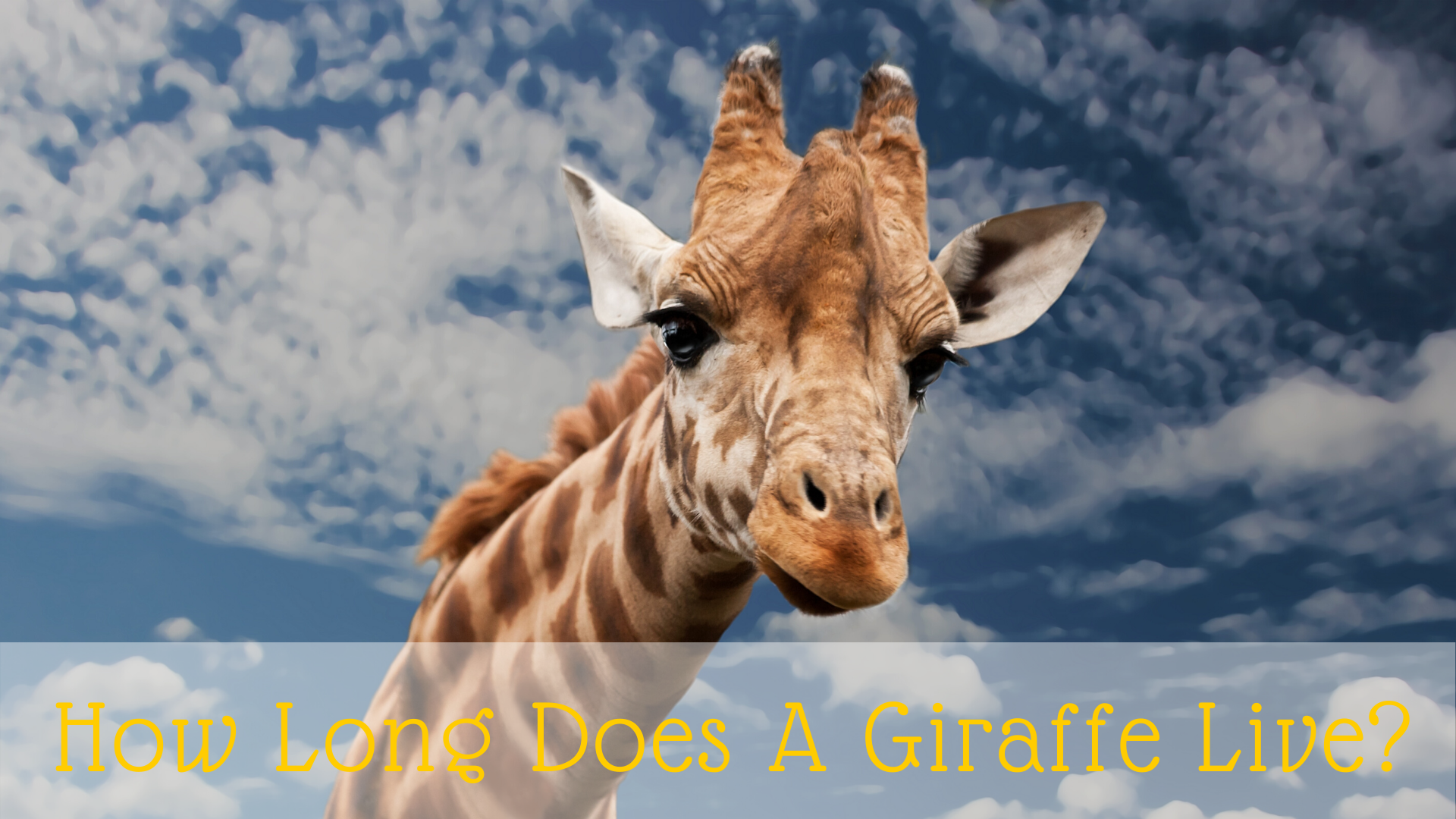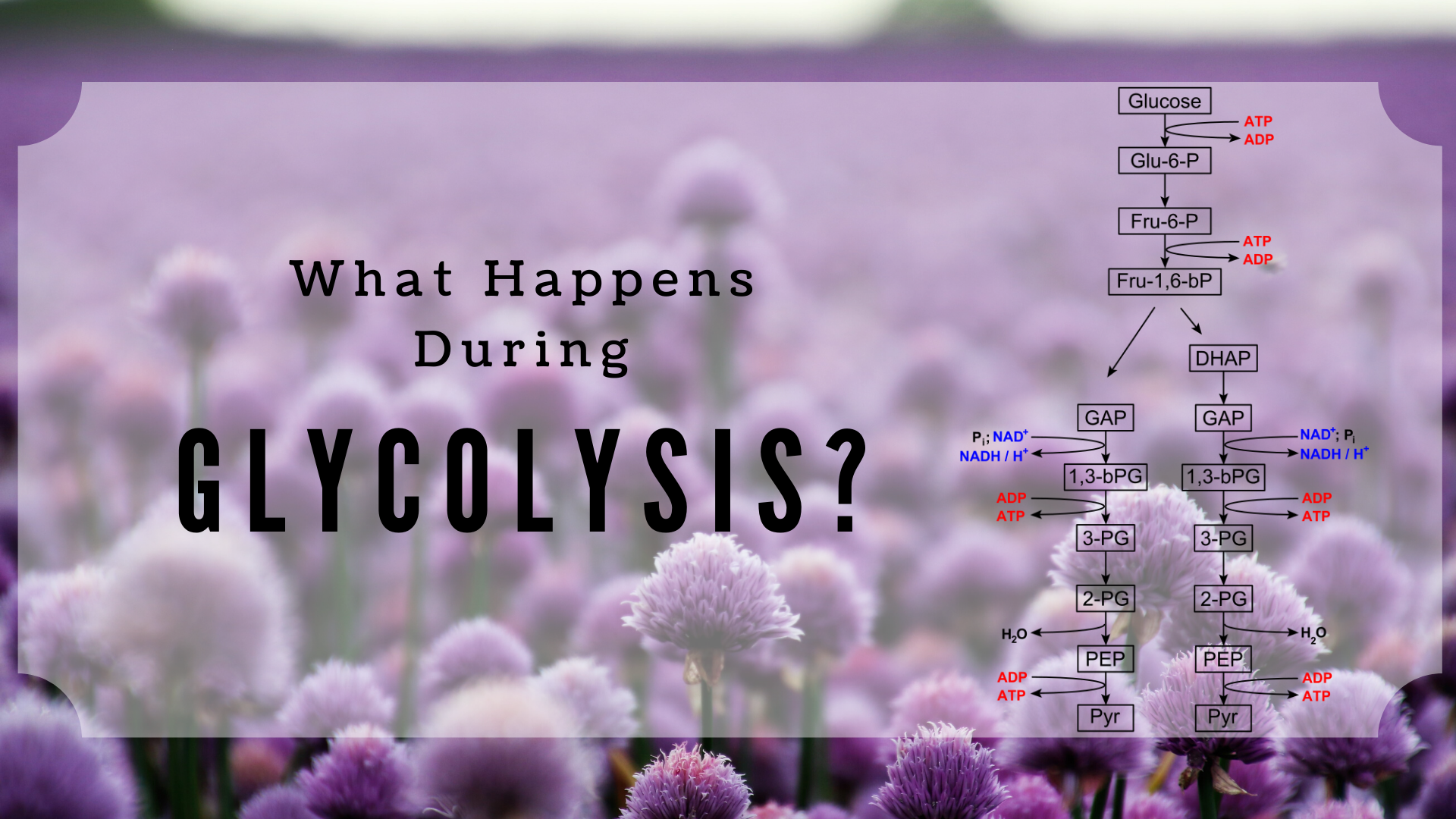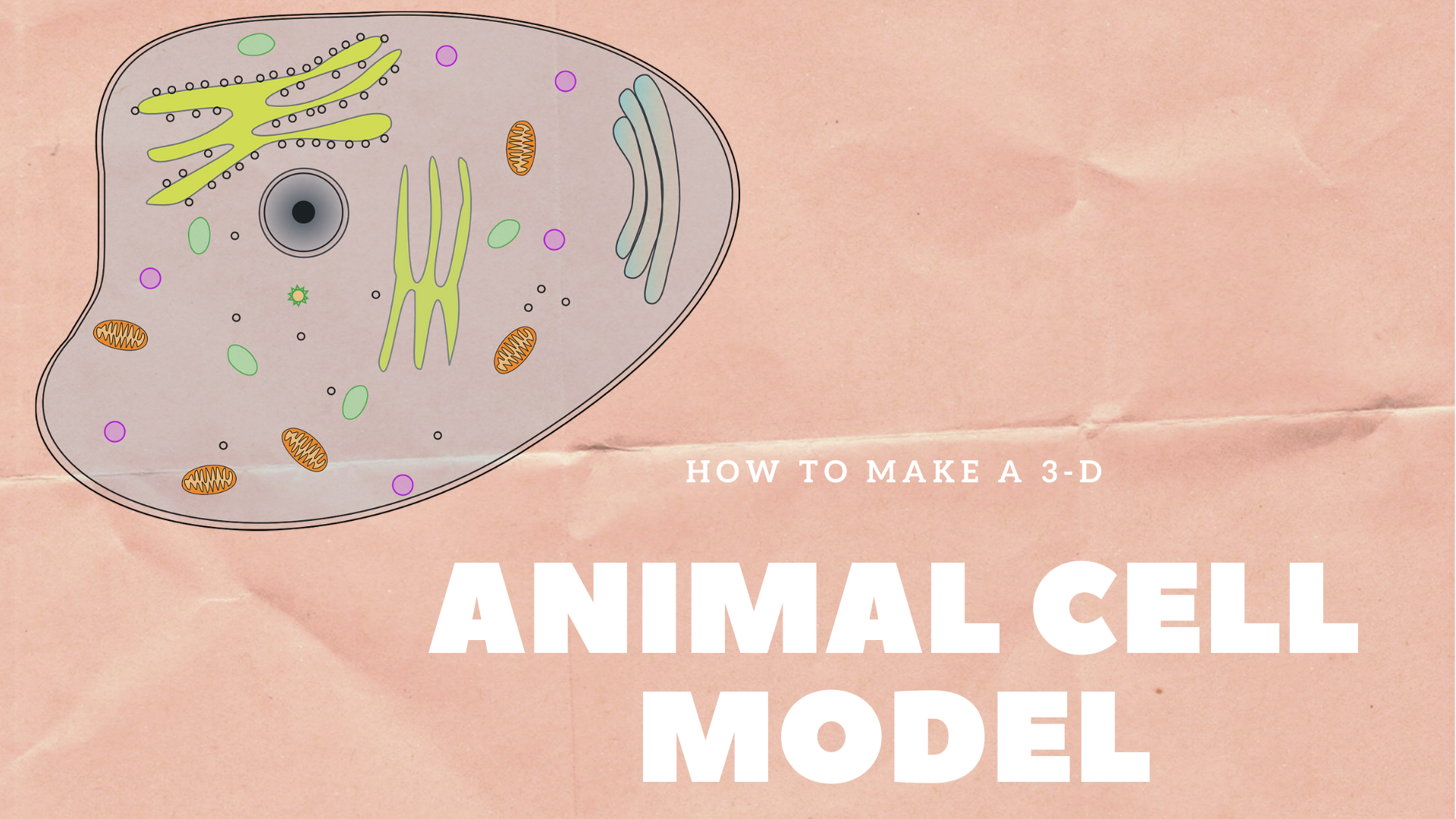How Long Do Giraffes Live In Captivity And In The Wild?

A giraffe can live quite a long time, averaging 20 to 25 years in the wild and 28 or more in captivity. A giraffe can…
Read more

A giraffe can live quite a long time, averaging 20 to 25 years in the wild and 28 or more in captivity. A giraffe can…
Read more

Do you want to measure your intelligence? Are you intending to take an IQ test? You can prepare for the Mensa IQ test with a few…
Read more

The acceleration formula is one of the basic equations in physics, something you’ll want to make sure you study and practice. After all, acceleration is…
Read more

The difference between an autotroph vs. heterotroph lies in the organism’s ability to either produce its own food or need to ingest food. Autotrophs, such…
Read more

The end products of glycolysis are: pyruvic acid (pyruvate), adenosine triphosphate (ATP), reduced nicotinamide adenine dinucleotide (NADH), protons (hydrogen ions (H2+)), and water (H2O). “Life is like…
Read more

Creating a 3D animal cell project is a great way to model and familiarize yourself with all the various organelles that make up an animal cell….
Read more

The activity series of metals relates to the reactivity of metals; the order in which they react always from highest to lowest. The reactivity of…
Read more

There are two ways to describe physical location: absolutely or relatively. If you want to find out the differences between absolute and relative location with…
Read more

The parts of a flower can be broken up into the pistil (stigma, style, and ovary) and stamen (anther and filament), flower petals, sepal, ovule,…
Read more

H2S is the chemical formula for the compound hydrogen sulfide. Hydrogen sulfide is a covalent compound that is composed out of 2 hydrogen atoms bonded to…
Read more

Decomposers are organisms that degrade, decay, or breakdown dead organisms, carrying out the process of decomposition. Decomposers are heterotrophic organisms, meaning that they derive their…
Read more